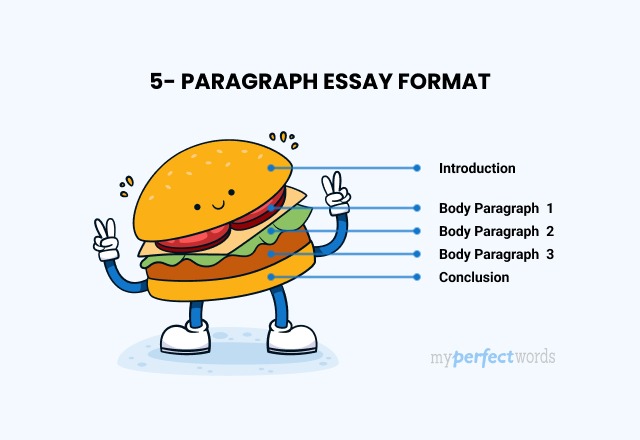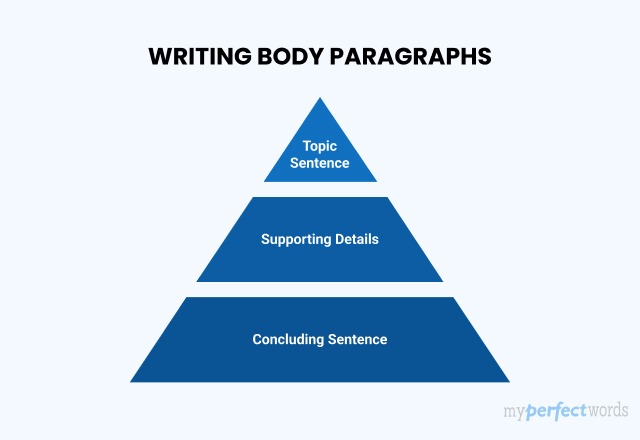What Is A Sentence?
A sentence is a group of words that come together to express a complete idea. It is the main unit of any language.
It always starts with a capital letter and ends with a period (.), exclamation point (!), or question mark (?).
A meaningful sentence contains two important things:
- A subject: who or what the sentence is about.
- A predicate: what's happening or being said about the subject.
A sentence must contain at least a subject and a verb.
4 Types of Sentences According to Function
In writing and speaking, we use different sentences to express our thoughts. Here we will discuss the following 4 types of sentences with examples categorized on the basis of their purpose.
- Declarative Sentences
- Interrogative Sentences
- Imperative Sentences
- Exclamatory Sentences
Declarative Sentences
Declarative sentences make statements or express opinions. They provide information and end with a period.
Purpose: The most common sentence type, declarative sentences are used to make a statement or express an opinion and always end with a period. They serve the primary function of making statements or providing information in a straightforward manner.
Declarative Sentence Examples
|
These declarative sentences present a fact, giving us information about the direction of the sun's rise.
Interrogative Sentences
Interrogative sentences ask questions and seek information. They end with a question mark.
Purpose: Interrogative sentences ask questions or are used to interrogate. These sentences often begin with question words like who, what, where, when, why, or how.
Interrogative Sentence Examples
|
In these interrogative sentences, the question words initiate a query, seeking a response or information about the completion of homework.
Imperative Sentences
Imperative sentences give commands, make requests, or offer invitations. They usually end with a period but can also end with an exclamation mark for emphasis.
Purpose: Imperative sentences issue directives, commands, or requests, aiming to prompt action or compliance.
Imperative Sentence Examples
|
These imperative sentences politely request action, demonstrating the power of language in influencing behavior.
Exclamatory Sentences
Exclamatory sentences express strong emotions or feelings, such as surprise, excitement, or anger. These sentences are characterized by their enthusiastic tone and always end with an exclamation mark.
Purpose: Exclamatory sentences are used to express express enthusiasm, surprise, or strong feelings. These sentences always end with an exclamation mark.
Exclamatory Sentence Examples
|
These exclamatory sentences reflect the speaker's genuine admiration and excitement, adding an emotional dimension to the communication.
4 Types of Sentences According to Structure
When it comes to crafting engaging and effective writing, sentence structure plays a crucial role. It's like the framework of a building, providing the necessary support for your ideas to stand tall.
According to sentence structure, there are four main types:
- Simple Sentences
- Compound Sentences
- Complex Sentences
- Compound-Complex Sentences
Simple Sentences
Definition: Simple sentences are concise and to the point. They consist of one independent clause that expresses a complete thought.
Format:
[Subject] + [Predicate]
Examples:
- She sings.
- The cat sleeps.
- He studies diligently.
- They play soccer.
- The sun shines brightly.
Compound Sentences
Definition: Compound sentences combine two independent clauses with a coordinating conjunction (like 'and,' 'but,' 'or,' etc.) to create a sentence with multiple related ideas.
Format:
[Independent Clause] + [Coordinating Conjunction] + [Independent Clause]
OR
[Independent Clause] + ; + [Independent Clause]
Examples:
- She sings, and he dances.
- The cat sleeps, but the dog barks.
- He studies diligently, so he excels in school.
- They play soccer, and they love it.
- The sun shines brightly, yet the sky is cloudy.
Complex Sentences
Definition: Complex sentences involve an independent clause and one or more dependent clauses. Dependent clauses cannot stand alone as sentences and rely on the independent clause for context.
Format:
[Independent Clause] + [Subordinating Conjunction] + [Dependent Clause]
OR
[Subordinating Conjunction] + [Dependent Clause] + , + [Independent Clause]
Examples:
- Although it's raining, she decided to go for a walk.
- Because he studied hard, he passed the exam.
- After the movie ended, they went out for dinner.
- Since she was tired, she took a nap.
- While I was cooking, the phone rang.
Compound-Complex Sentences
Definition: Compound-complex sentences combine elements of compound and complex sentences. They consist of two or more independent clauses and at least one dependent clause.
Format:
[Independent Clause] + [Coordinating Conjunction] + [Independent Clause] + [Subordinating Conjunction] + [Dependent Clause]
OR
[Dependent Clause] + , + [Independent Clause] + [Coordinating Conjunction] + [Independent Clause]
Examples:
- She sings, and he dances, while the crowd cheers.
- The cat sleeps, but the dog barks whenever someone approaches the door.
- He studies diligently, so he excels in school, and he also helps his friends with their homework.
- They play soccer, and they love it, but sometimes they switch to basketball when the weather is bad.
- The sun shines brightly, yet the sky is cloudy, as people gather for the outdoor concert
Tips for Using Different Types of Sentences
Incorporating various sentence types into your essay writing can add depth to your work. Here are some practical tips for effectively using different types of sentences in your writing:
- Make Clear Statements
Tip: Use declarative sentences to convey straightforward information or facts.
Example: "The sun rises in the east."
- Ask Engaging Questions
Tip: Employ interrogative sentences to prompt curiosity and engage your readers.
Example: "Have you ever wondered about the mysteries of the universe?"
- Give Direct Commands
Tip: Use imperative sentences when you want to issue a command or request.
Example: "Please pass the salt."
- Express Strong Emotions
Tip: Utilize exclamatory sentences to convey excitement or strong emotions.
Example: "What an incredible performance!"
Types of Sentences Quiz
Now that you've learned about the different types of sentences according to function and structure, let's put your knowledge to the test! Here are some types of sentence exercises to help you practice identifying and creating various types of sentences:
Part 1: Identify the Sentence Type Read the following sentences and identify their type (declarative, interrogative, imperative, exclamatory, simple, compound, complex, or compound-complex). 1. What time does the meeting start? 2. The dog barked loudly, but the cat remained calm. 3. Please close the window. 4. When she arrived at the party, she realized she had forgotten the gift. 5. The sun is shining brightly today. 6. I wanted to visit the museum, but it was closed, so I went to the park instead. 7. What an amazing performance that was! 8. Although it was late, they continued working on the project. |
Part 2: Create Your Own Sentences Simple Sentence: Compound Sentence: Complex Sentence: Compound-Complex Sentence: Declarative Sentence: Interrogative Sentence: Imperative Sentence: Exclamatory Sentence: |
Answer Key
|
In summary, whether you're crafting an essay, telling a story, or sending a message, the choice of sentence can make all the difference. Each sentence structure engages your readers in different ways.
If you need help with your writing tasks and are looking for a cost-effective solution, consider reaching out with a request like “do my essay cheap.”
Our team of experienced writers is here to assist you in crafting compelling essays that stand out without breaking the bank.



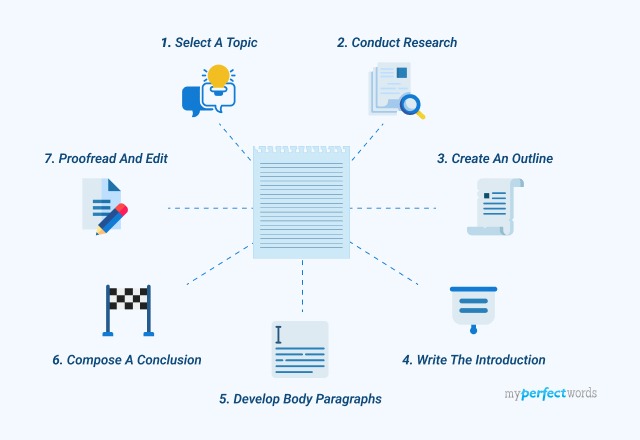




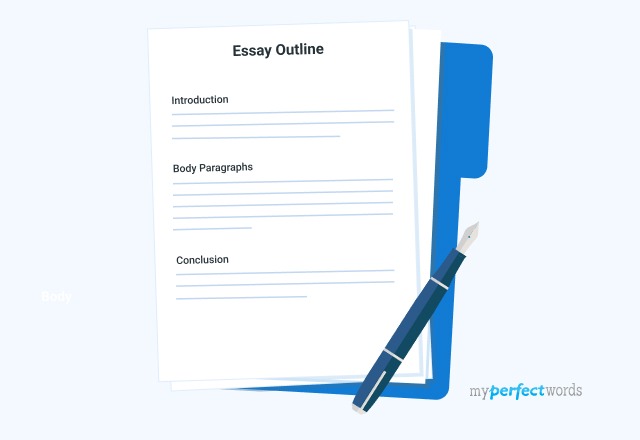

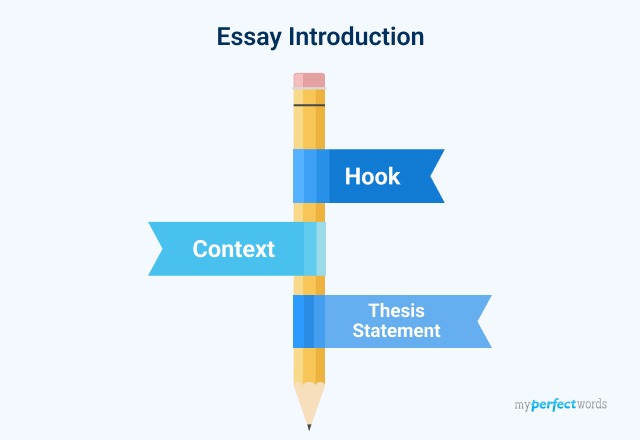


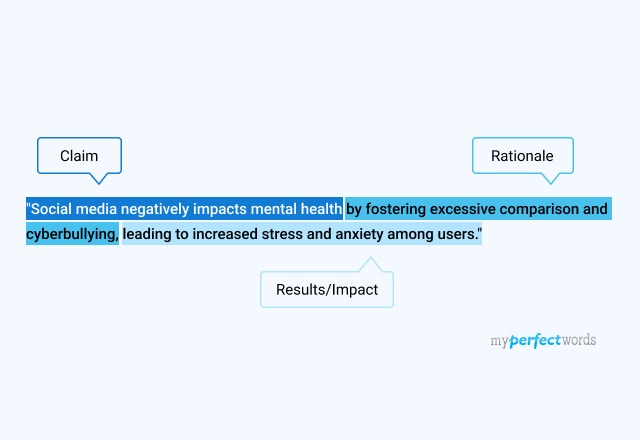




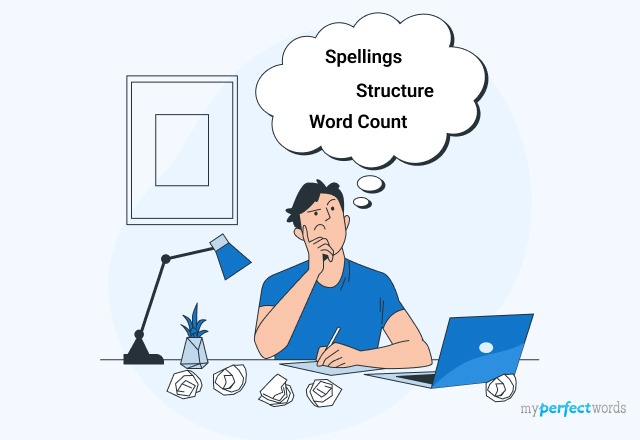
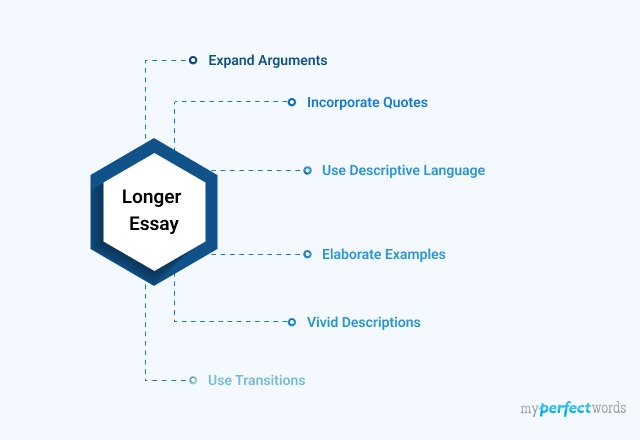

-9261.jpg)
